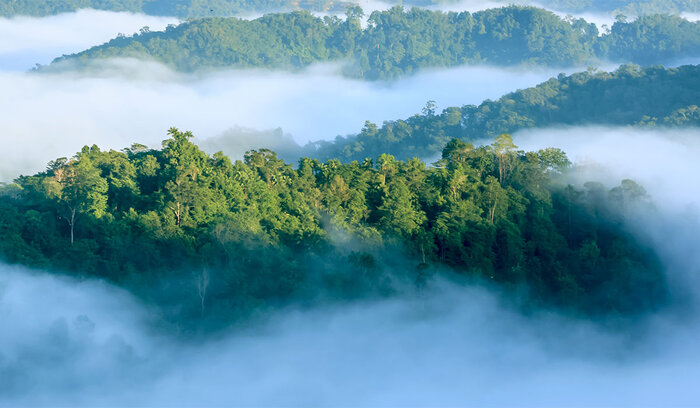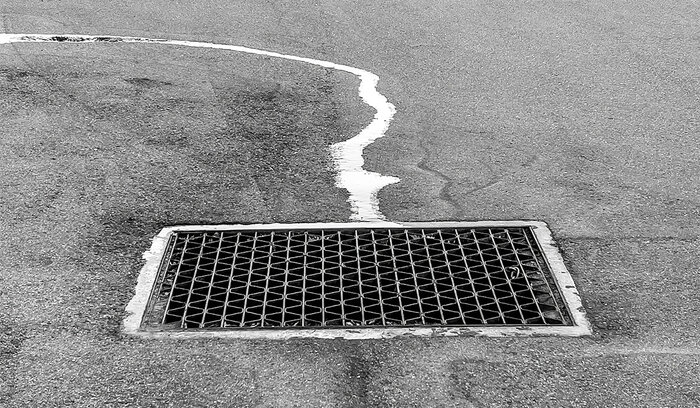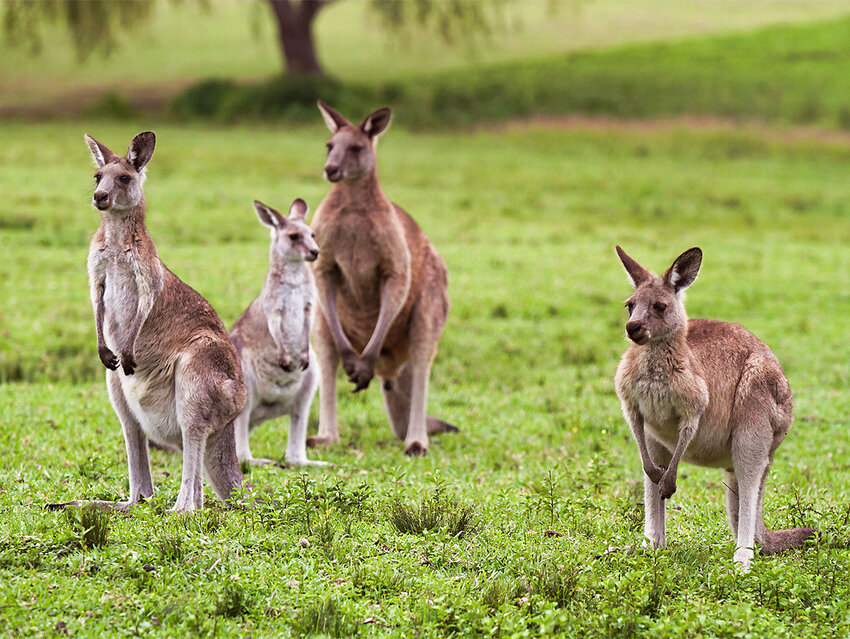
Biosphere
[BI-ə-sfeer]
Part of speech: noun
Origin: German, 19th century
1.
The regions of the surface, atmosphere, and hydrosphere of the Earth (or analogous parts of other planets) occupied by living organisms.
Examples of Biosphere in a sentence
"Humanity in the 21st century is far more aware of its effects on the biosphere than at any previous point in history."
"Nathan’s concern for the future of the biosphere led him to study environmental sciences."
About Biosphere
“Biosphere” was coined in German by Austrian geologist Eduard Suess, from the Greek “bios,” meaning “life,” and “sphaira,” meaning “sphere.”
Did you Know?
The invention of the “biosphere” — both the concept and the word to describe it — is actually one of Eduard Suess’ lesser achievements. The Austrian geologist, who lived from 1831 to 1914, was instrumental in developing the modern concept of plate tectonics — the movement of the plates that make up the shell of the Earth. Suess was possibly the first geologist to argue that horizontal plate movements, rather than upward motions from below, created new geological structures. He broke with the wisdom of the time, which held that volcanoes created mountains. Suess instead argued that horizontal shifts in geological plates created both mountains and volcanoes. These arguments created the foundation of many modern understandings of plate tectonics.








